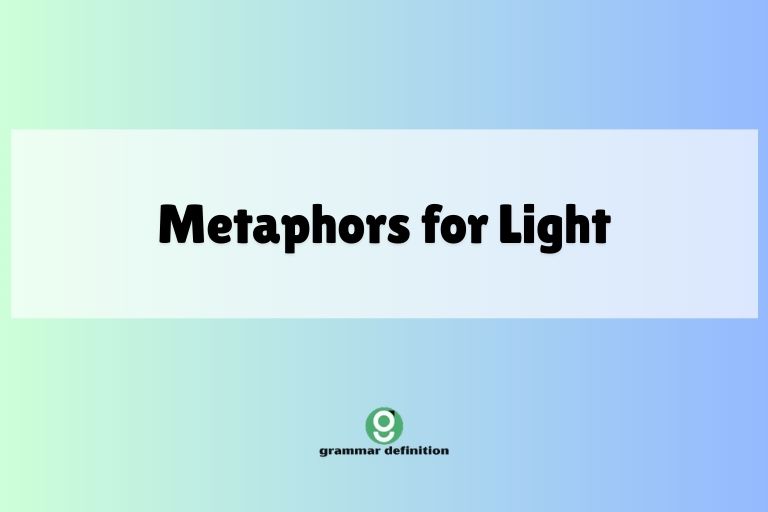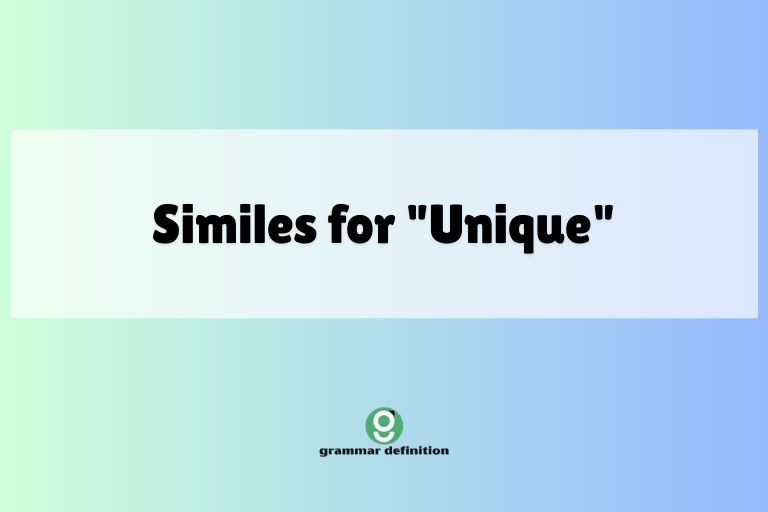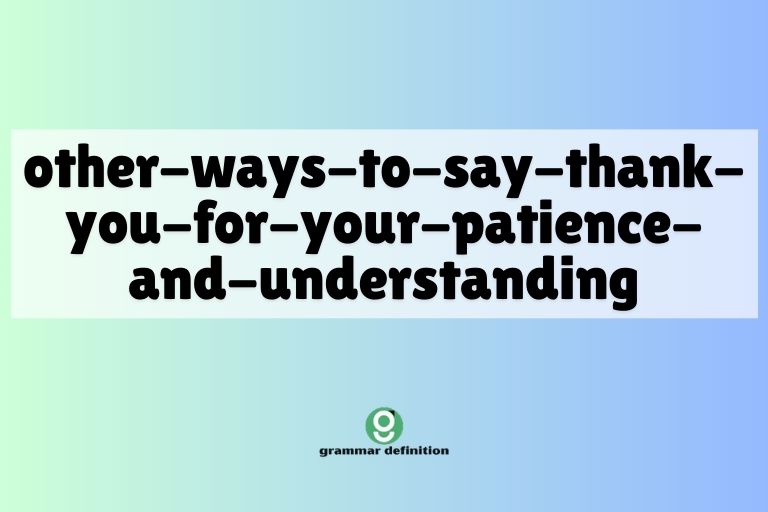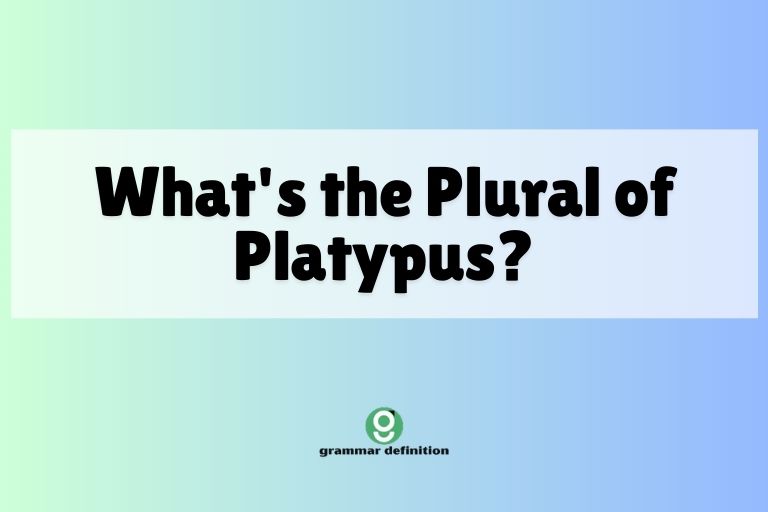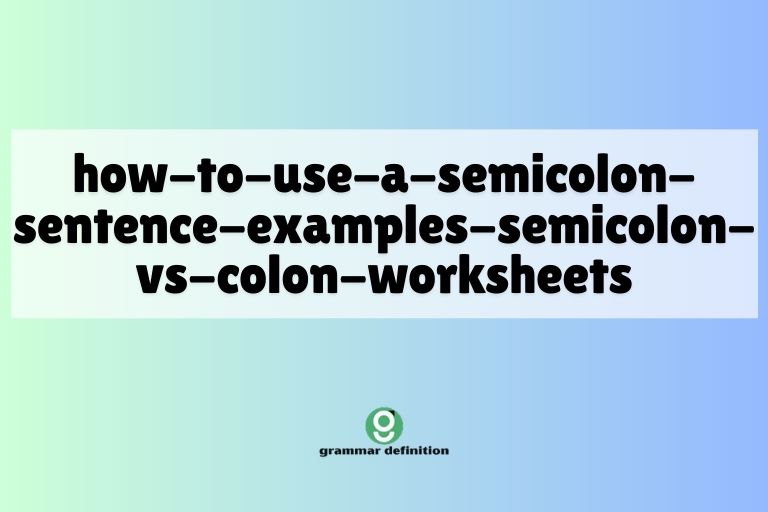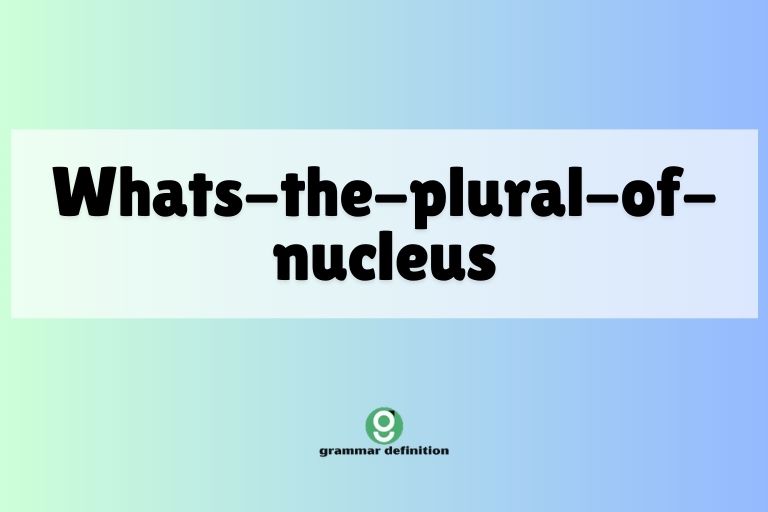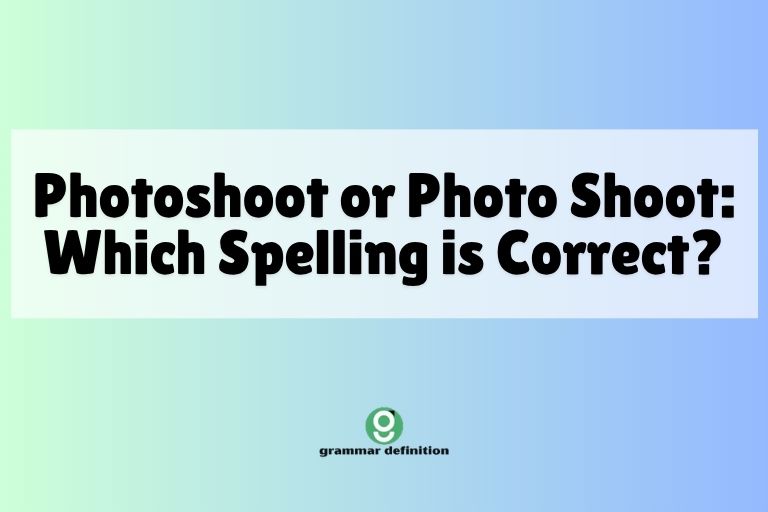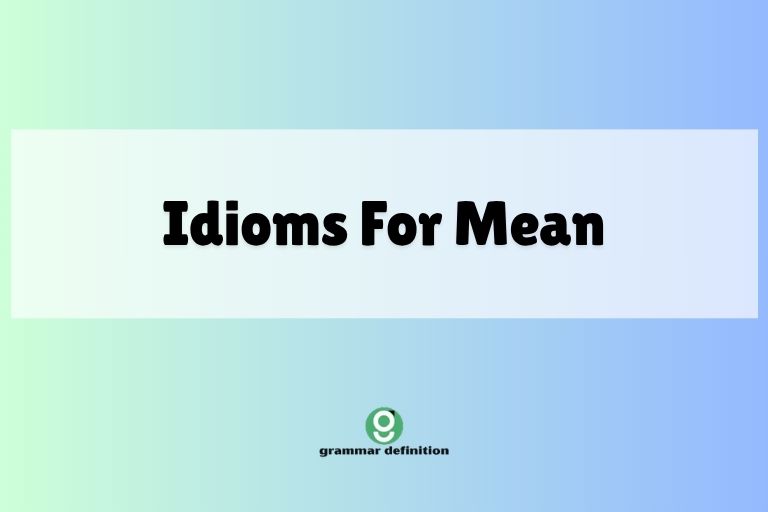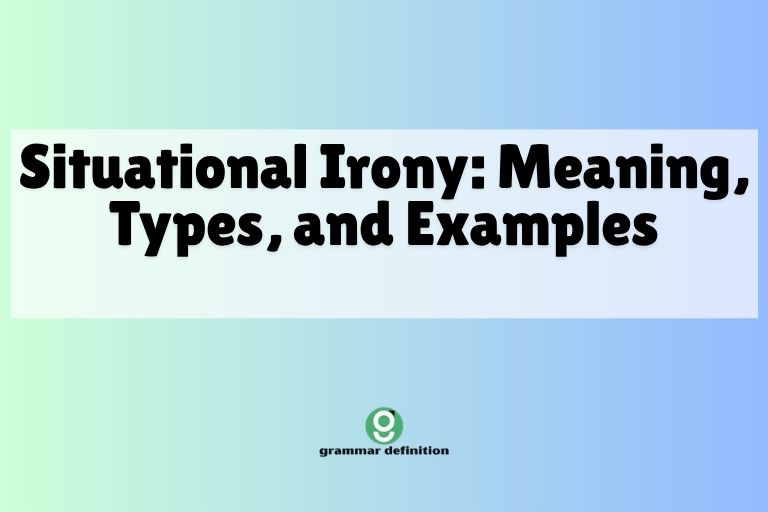Illuminating Language: Mastering Metaphors for Light
Metaphors are powerful tools in the English language, allowing us to convey complex ideas and emotions by drawing comparisons between seemingly unrelated things. When we use metaphors for light, we tap into a rich vein of symbolism and imagery that can add depth and nuance to our writing and speech. Understanding these metaphors is crucial … Read more

